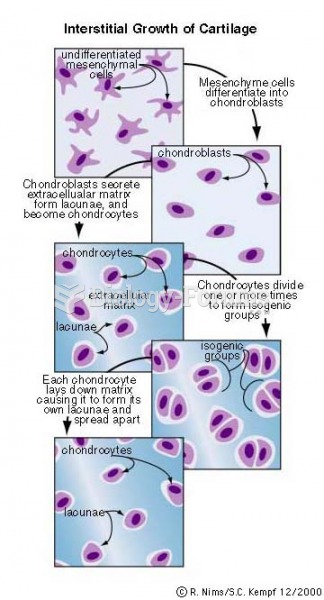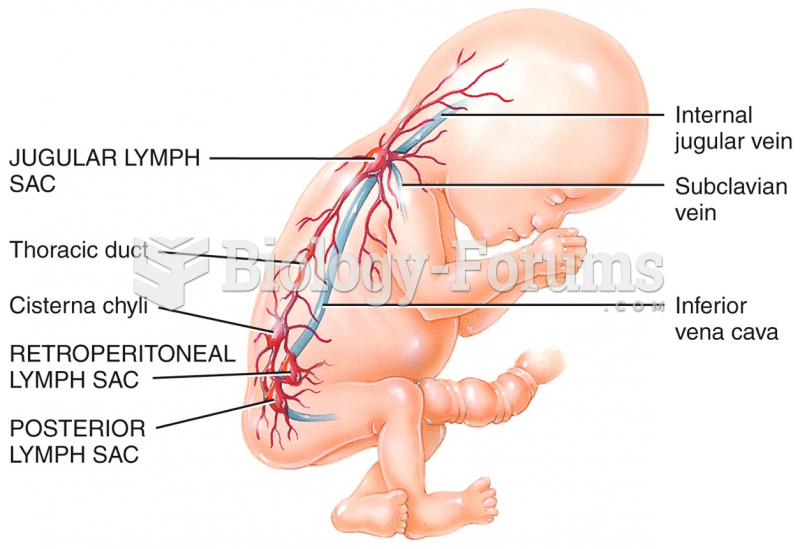Interventions are required to ensure adequate growth and development when feeding problems are identified in infancy. Which intervention would be least helpful?
a. assessing growth less frequently
b. monitoring the infant's intake of all liquids and foods to ensure enough is being consumed
c. changing the frequency and volume of feedings as needed
d. increasing the nutrient density of foods or fluids
e. adjusting nutrition goals to the infant's development abilities
Question 2
Bobby is a 9-year-old Caucasian boy. At his most recent medical appointment, a physical exam revealed a normal BMI with an increase in height of an inch and a half in the past year. His skin was noted to be pale, and his eyelid mucosa was white. His mother's chief complaint is that Bobby is often lethargic at school and has been reprimanded for failing to pay attention. He dropped out of soccer when the practices became too physically demanding, and since then, he spends several hours each night after school watching TV and playing video games. He gets very little exercise. Bobby states that he would like to play soccer next year, but that he didn't feel like it this year. Though his mom says he is always willing to go to bed when asked, he seems irritable and withdrawn. The nurse practitioner obtains this diet history, using MyPlate to ask about food groups he usually eats:
Grains Group: Prefers refined grains, such as Chex, Rice Krispies, and Frosted Flakes for breakfast with milk. Prefers white bread, bagels, crackers, and pretzels. The only whole grain he eats is microwave popcorn.
Vegetables Group: Favorite is French fries. Eats canned vegetables such as canned green beans and corn. At school, enjoys cream of tomato soup. Likes lettuce and tomato on his School Lunch tacos, but if he had his choice, he would not choose a salad or side vegetable.
Fruits Group: Likes apples, grapes, bananas, canned fruit, and fruit juice.
Milk Group: Regularly consumes two 8-ounce cups of 2 milk or whole chocolate milk per day. Likes grilled cheese sandwiches, string cheese, and ice cream.
Protein Foods Group: Favorites are chicken nuggets, bacon, breakfast sausage, and fish sticks. At school likes peanut butter and jelly sandwiches, but otherwise does not like nuts, seeds, or legumes.
Discretionary kCalories: Eats candy and cookies and drinks soda every day; drinks iced tea occasionally with his School Lunch instead of milk. He puts ketchup on everything.
Bobby's fatigue is due to iron's role in:
a. neurotransmitter synthesis.
b. immune function.
c. energy metabolism.
d. brain tissue development.







